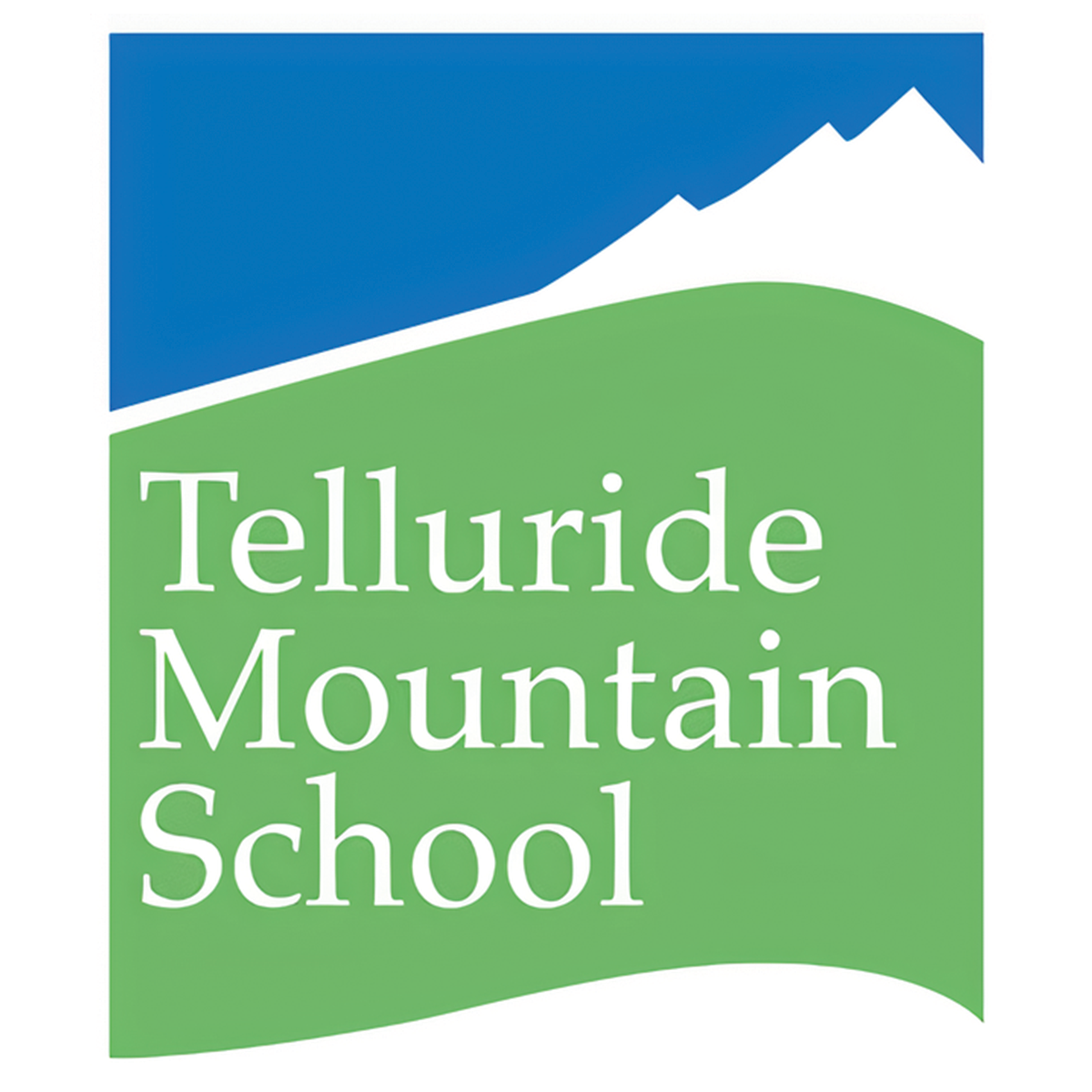Post-COVID, Telluride Mountain School experiential trips are now full-steam ahead
A fundamental, favorite part of the Telluride Mountain School’s curricula are its experiential education programs. The programs strike a unique balance between classroom and field-based work, combining outdoor adventure, cultural and natural immersion, and service learning. Although dozens of TMS’ experiential courses had to be scratched over the past couple of years due to the pandemic, the trips are at last back on track.
A treasured staple for seventh and eighth graders is the annual spring experiential trip called “South Trip: Our Nation’s Struggle for Equality,” where students spend a week studying the civil rights movement — visiting museums, memorials, and monuments — in Atlanta, Georgia and Montgomery, Selma, and Birmingham, Alabama. Having been rescheduled twice since the beginning of this school year, the trip is finally a go, with 20 eighth and ninth graders departing for Atlanta today (March 18).
“For 19 years, this trip has impacted every kid in seventh and eighth grade,” explained Head of School Andy Shoff. “We’ve been incredibly consistent with this experience at a time when our nation has brought issues of diversity, equity and inclusion — elements that are always in our program — to the forefront. This trip isn’t just sightseeing, it’s connecting with people, and we’ve missed having these opportunities for connecting experiences.”
Traditionally, the trip is for seventh and eighth graders. This year, it will run as a make-up trip for the eighth and ninth graders who missed it last year due to COVID.
“The entire experience is rich. Each place has its own distinct history and feel, yet they're all intertwined and connected,” explained upper school humanities teacher Jesse McTigue. “The museums are interactive and use multimedia to present really compelling exhibits, for an immersive experience.”
Joining McTigue on the trip are upper school humanities teacher Elizabeth Edwards, upper school art teacher Todd Smith and upper school Spanish teacher Ross Perrot. Together the group will drive from Atlanta to the Tuskegee Airmen National Historic Site. From there, they will proceed onward to Montgomery, Alabama, where they’ll visit the Rosa Parks Museum, the Equal Justice Initiative Legacy Museum, the SPL Maya Lin Civil Rights Memorial Center and Dexter Avenue Church.
Over the years, TMS groups have befriended local women in Selma who marched on the Edmund Pettus Bridge during the original marches from Selma to Montgomery. Sharing their personal narratives, these women will take the TMS group on a tour around town, visiting churches.
“It’s the stories from the people and pastors, and sitting in the original spaces, hearing from these people, that’s most compelling,” McTigue said.
In Birmingham, students will tour the 16th Street Baptist Church and the Birmingham Civil Rights Institute before returning to Atlanta, where they’ll take a “civil rides” bike tour, visit the MLK Center and gather at the National Center for Social and Civil Rights.
While eighth and ninth graders are in Alabama, back in Telluride, TMS seventh graders will double down on winter ecology and science programming by studying the Sheep Mountain Alliance’s wildlife monitoring system. Led by upper school math and science teacher Emily Durkin, upper school math teacher Kelsey Brax, and Head of School Andy Shoff, students will also delve deep into scientific and political discussions ranging from ecology to conservation.
Meanwhile, students in grades 10-12 will spend two days next week helping Habitat for Humanity to construct affordable housing near Grand Junction. Led by Upper School Director Jamie Hozack and upper school humanities teacher Lea Gibbs, students will tackle tasks from hanging drywall to hammering nails to installing flooring.
“One thing that’s been helpful in developing experiential programming with authentic and real service is building relationships with partners across the country and the world,” Hozack explained. “Housing inequality is one of the big issues that students have studied this year. Our plan is to pursue further learning about this issue through some case studies and statistics, then travel to do some service with an organization that works to mitigate the issue, Habitat for Humanity.”
Eleventh grader Ruby McHarg says the numerous experiential trips she’s taken since the first grade at TMS are more immersive than classroom experiences.
“Not only do we get to go to these historical and culturally important places, but we get to give back and create our own stories in the places most kids learn about in the classroom,” she explained. “We’ve met historical figures, environmental saviors, scientists, and guides who have each given us something to take away from these incredible journeys. It’s not just textbook education: it’s real people, real problems.”
When TMS students return from spring break, they’ll begin preparing for a slate of additional experiential forays. First and second graders will head to Hovenweep National Monument and McElmo Canyon; third and fourth graders will explore art and history in and around Santa Fe, New Mexico; fifth and sixth graders will study environmental science in the Pacific Northwest; and seventh and eighth graders will explore biodiversity and volcanology in Hawaii. Trips for students in grades 9-12 are in the final planning stages.

